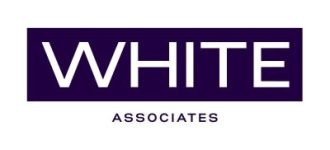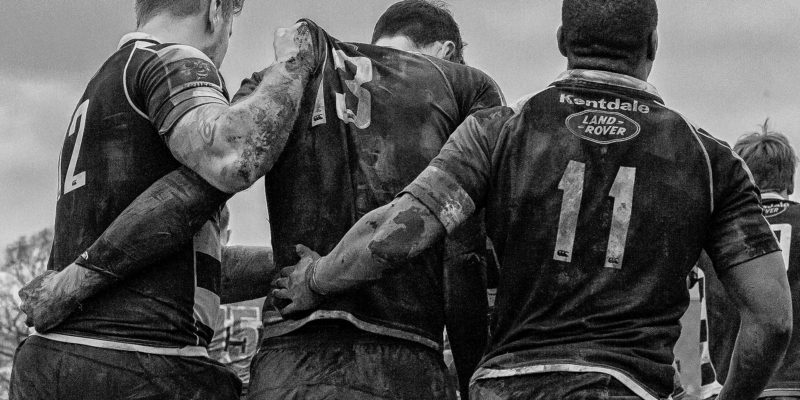By Graham White
There’s a lot of talk in the market at the moment about procurement, forms of contract and unfair sharing of risks causing major problems on construction projects for companies.
In my view though, this has never been about the form of procurement, or the contract. It’s about having the right teams of people in place consistently over time. When you get a great team together – involving the client, project manager, design consultants, quantity surveyor and the contractor – you’ll have a great job: if you have them in place, the right people generate the right outcome.
What happens in our industry is that a project is successful because of the great team. However, what then happens is that on the next project the client goes to market for every part of the job – consultants, project manager, contractor, QS – and ends up with a different team. And then they wonder why this next job isn’t so successful.
It’s obvious: if the team changes, the balance is disturbed, so the outcome changes. If we think about great teams, we tend to think of the All Blacks in this country. If you transpose our world into theirs, it would be like saying, ‘they played one game brilliantly, so for the next game we’ll find someone cheaper than Beauden Barrett,’ save a bit of cash, and then wonder why we lose the game.
Great teams of the world, like the ABs, have a consistency about them. They don’t chop and change unless there are significant performance issues. Retaining the right people is therefore the key to building great teams. You need the right people, with the right cultural fit, across all key roles, otherwise the team loses the flow and energy that it had.
The risk is that in going through a number of people you can lose the cultural fit that made the relationship work in the first place. If you engaged a contractor with a can-do cultural fit but the people changed and now it has become contractual environment, what was the cause of the problem?
Communication – priorities, discussion, no secrets – that’s the key. Disclosure, openness and honesty, are so important. If there’s an issue, particularly relating to changing key team members, getting it onto the table is critical. Being proactive and sharing problems is the key to building trust in teams.
The industry is under huge pressure for resources and time. In this intense time, and in this incredibly complex industry, it’s all the more reason to work consistently with people you trust, because true success is built on consistent, long-term partnerships.
It’s never been more important than now.

